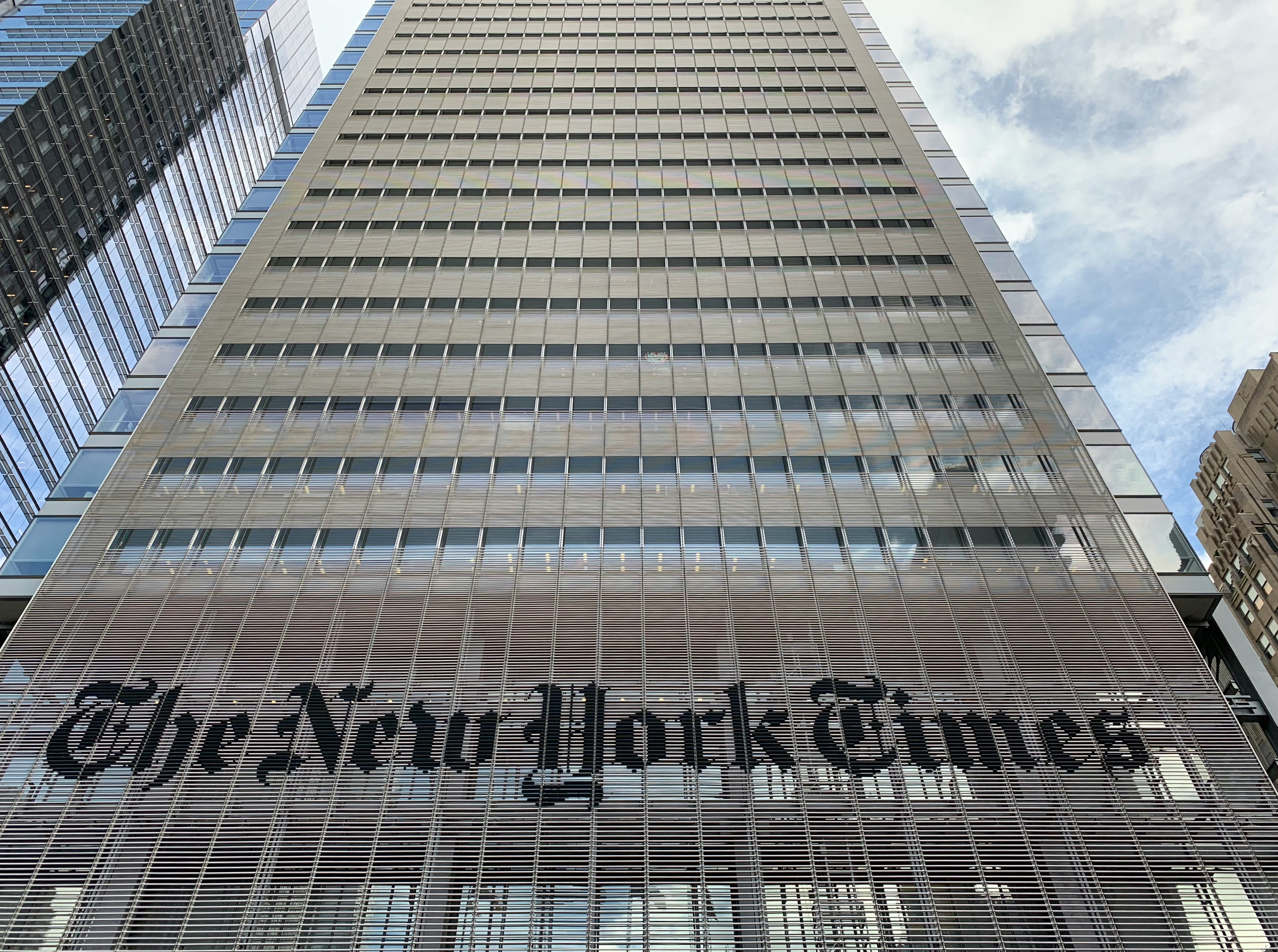The New York Times rejected OpenAI's accusations of "hacking" ChatGPT

David Smooke/Unsplash
The New York Times has denied OpenAI's claims that it "hacked" artificial intelligence systems to create false evidence of copyright infringement, calling the accusation "irrelevant and false."
Here's What We Know
According to The Times, OpenAI is "taking a wait-and-see attitude" in its attempt to dismiss part of the lawsuit. The newspaper claims that its articles were improperly used to train artificial intelligence.
The Times sued OpenAI and Microsoft in December, accusing them of using millions of the newspaper's articles without permission to train chatbots. The lawsuit cited examples of ChatGPT reproducing almost verbatim quotes from Times articles.
OpenAI responded, claiming that the Times paid a "mercenary" to manipulate the company's products to reproduce the newspaper's content. The company asked the court to dismiss parts of the lawsuit, including allegations of copyright infringement.
However, the Times said it simply used "the first few words or sentences" of its articles to encourage ChatGPT to recreate them. The newspaper called OpenAI's true claim not in how the investigation was conducted, but in what it revealed: the company created its products by copying Times content on an unprecedented scale.
Go Deeper:
- The New York Times is suing OpenAI and Microsoft over the use of the publication's content for AI training
- OpenAI accused the New York Times of tricking ChatGPT into reproducing copyrighted articles
- Microsoft seeks dismissal of part of The New York Times' lawsuit in AI data copyright case
Source: Reuters